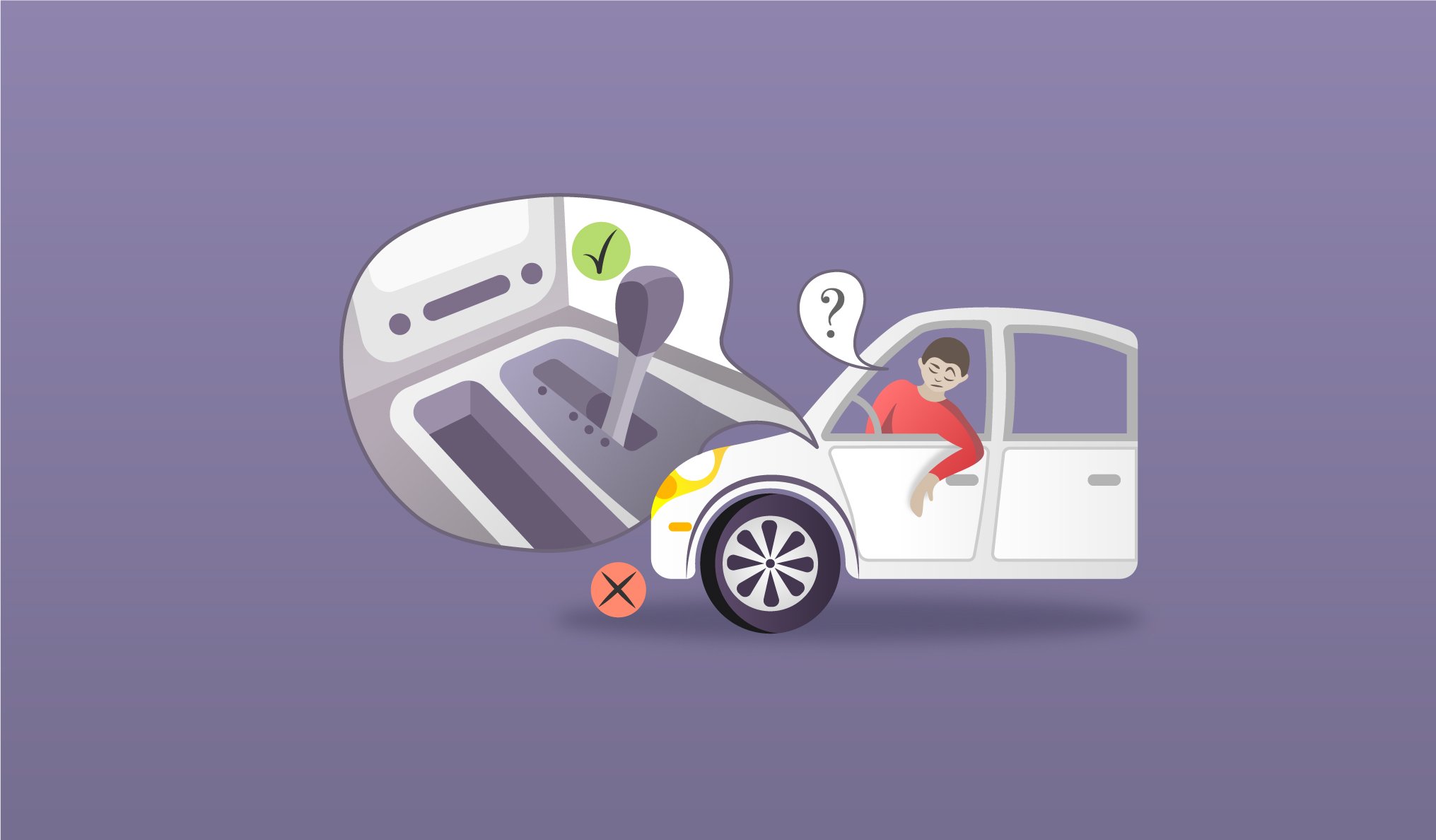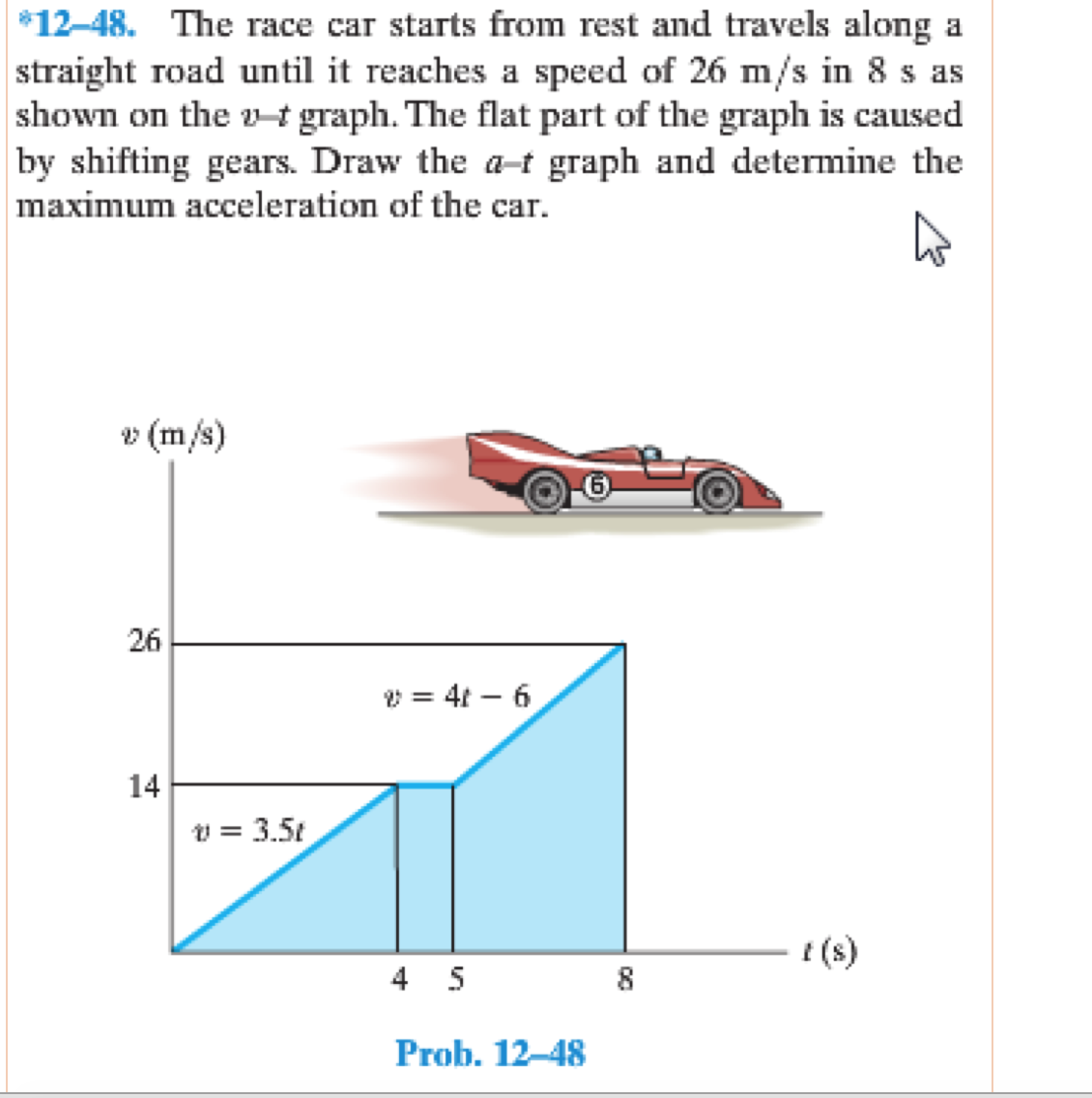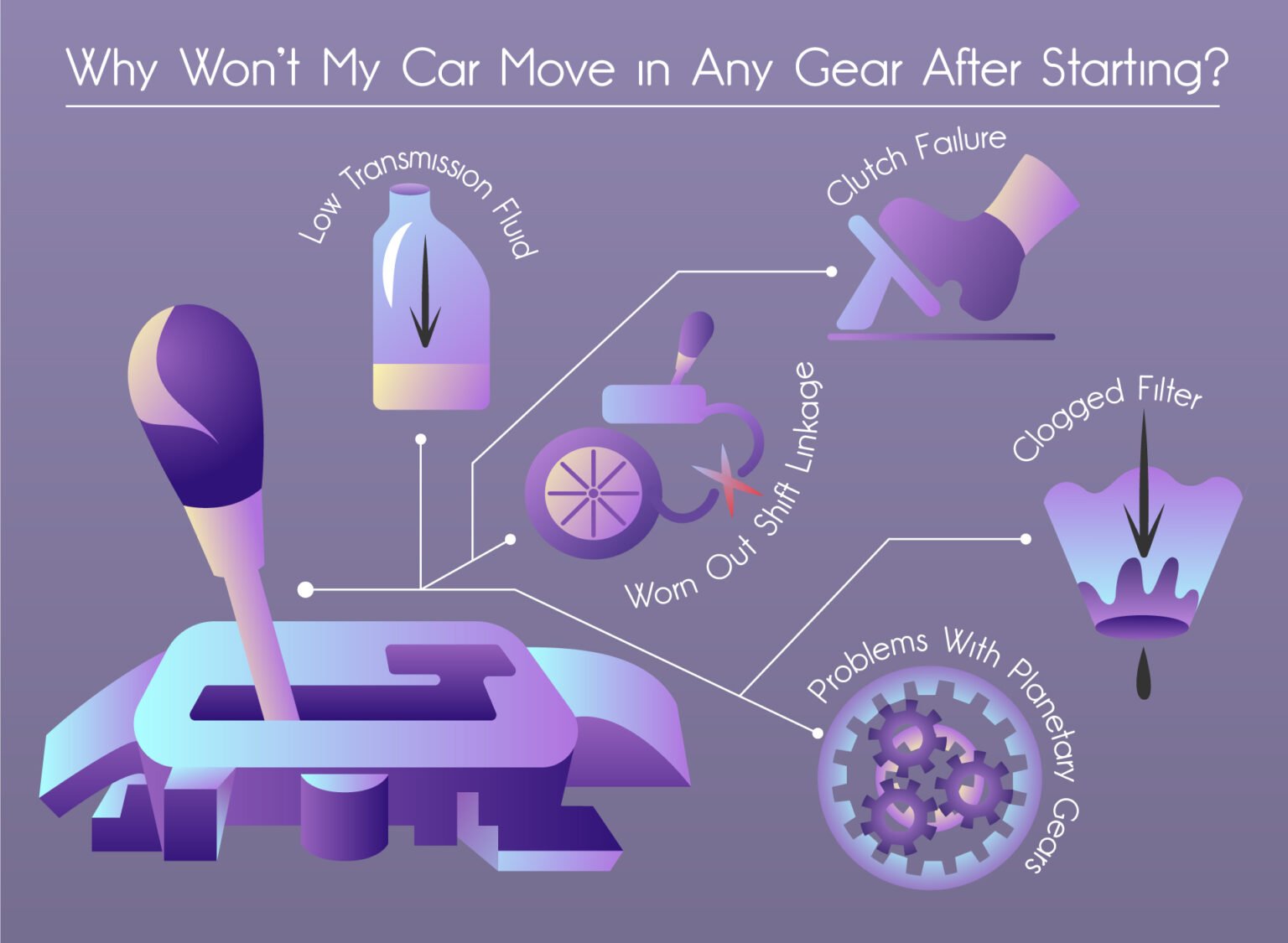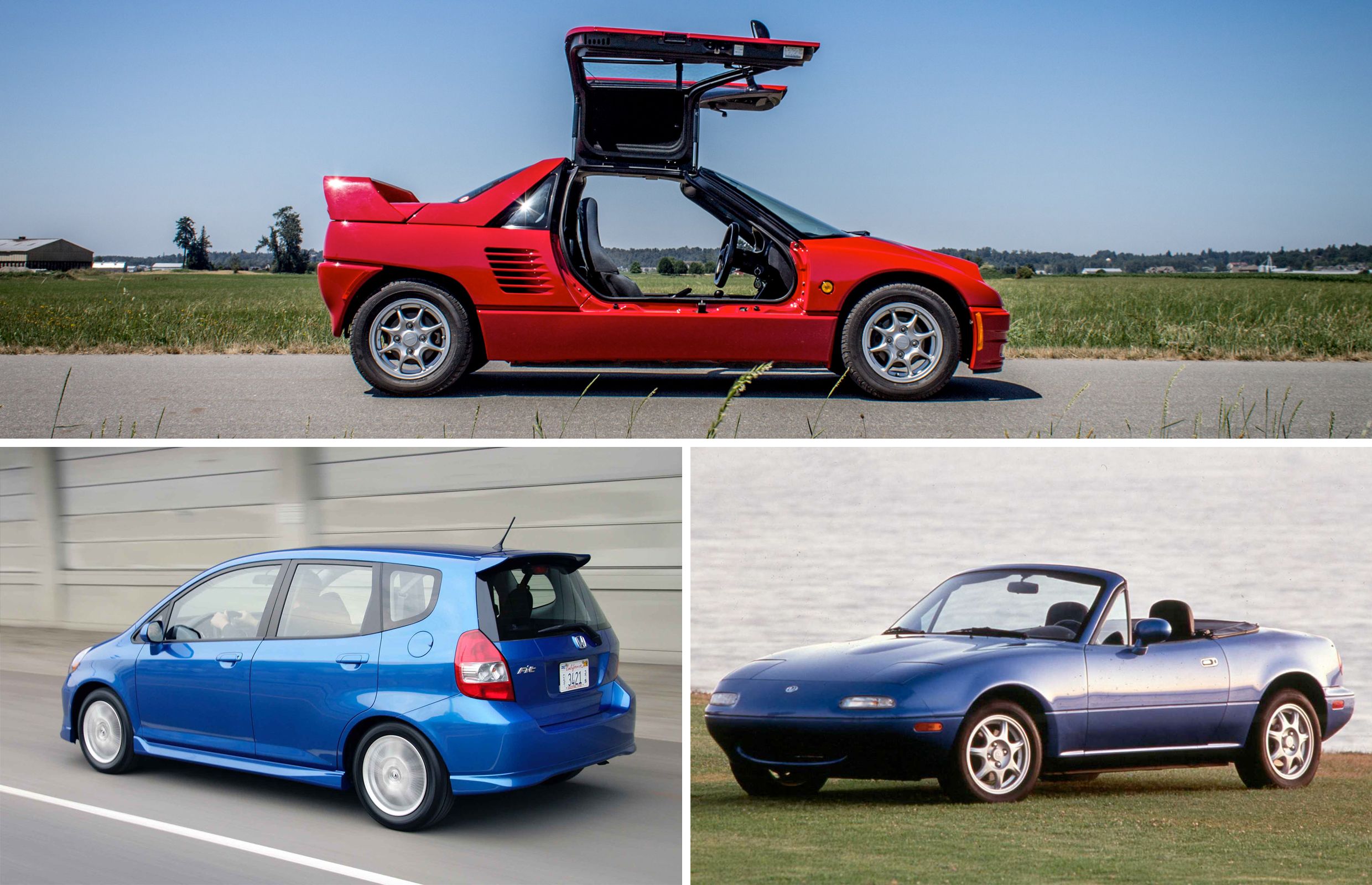Car Starts Up Slow: Causes, Solutions, and Prevention
Have you ever experienced a moment when your car takes an eternity to start up? It’s a frustrating and anxiety-provoking situation that can put a damper on your entire day. If you’re facing this issue, you’re not alone. Many car owners have grappled with the problem of slow car startups. In this comprehensive guide, we will delve into the causes, solutions, and preventive measures for car startups that take forever.
The Agony of Delayed Car Startups
Slow car startups can be a major inconvenience. They can disrupt your daily routine, cause you to miss important appointments, and even pose safety concerns. The frustration of waiting for your car to start can leave you feeling anxious and impatient. Moreover, it can be a sign of underlying car problems that need attention.
The Root of the Problem: What Causes Slow Car Startups?
There are several factors that can contribute to slow car startups. These include:
- Weak battery: A weak or failing battery may struggle to provide enough power to start the car.
- Bad starter: The starter motor is responsible for turning the engine over. A faulty starter can prevent the engine from starting.
- Dirty or corroded terminals: Over time, the battery terminals can become dirty or corroded, leading to poor electrical connections.
- Electrical problems: Faulty wiring or other electrical issues can also cause slow car startups.
- Engine problems: In some cases, slow car startups can be caused by problems with the engine itself, such as low compression or ignition system issues.
Solving Slow Car Startups: Effective Remedies

Addressing slow car startups requires identifying the underlying cause and implementing appropriate solutions. Here are some effective remedies:
Replace a Weak Battery
If your battery is weak or failing, it will need to be replaced. A new battery will provide the necessary power to start your car quickly and reliably.
Fix a Bad Starter
If the starter motor is malfunctioning, it will need to be repaired or replaced. A professional mechanic can diagnose the issue and recommend the best course of action.
Clean or Replace Dirty Terminals
Dirty or corroded battery terminals can be cleaned using a wire brush or baking soda and water. If the terminals are badly damaged, they may need to be replaced.
Resolve Electrical Problems
Electrical problems that contribute to slow car startups need to be diagnosed and repaired by a qualified electrician or mechanic.
Address Engine Problems
In cases where slow car startups are caused by engine problems, the underlying issue will need to be addressed. This may involve repairs to the compression system, ignition system, or other components.
Understanding Slow Car Startups: A Deeper Dive

To gain a deeper understanding of slow car startups, let’s explore some key aspects:
Causes
As discussed earlier, slow car startups can be attributed to a weak battery, faulty starter, dirty or corroded terminals, electrical problems, and engine issues. Identifying the specific cause is crucial for effective troubleshooting.
Mechanics
When you turn the key to start your car, the battery sends power to the starter motor. The starter then engages the flywheel, which turns the engine over. If any of these components are not functioning properly, the car will start slowly or not at all.
Consequences
Slow car startups can lead to a range of consequences, including missed appointments, inconvenience, and even safety concerns. Additionally, they may indicate underlying car problems that need attention.
Hidden Secrets of Car Startups: Unveiling the Mystery
There are some hidden secrets behind slow car startups that may surprise you. For instance, did you know that extreme weather conditions can impact your car’s starting ability? Cold temperatures can thicken engine oil, making it harder for the starter to turn the engine over.

Another hidden secret is that some car accessories, such as aftermarket sound systems or GPS devices, can drain your battery over time, leading to slow startups. Regular maintenance and attention to these details can help prevent such issues.
Recommendations for Seamless Car Startups
To ensure seamless car startups, it’s important to follow some recommendations:
Regular Battery Checks
Have your battery checked regularly, especially during extreme weather conditions. A weak battery should be replaced promptly to avoid slow startups.
Starter Maintenance
The starter motor should be inspected periodically and serviced as needed. This includes cleaning the terminals and checking for any signs of wear or damage.
Clean Connections
Keep the battery terminals and other electrical connections clean and free of corrosion. Dirty or loose connections can hinder the flow of electricity, leading to slow startups.
Electrical System Inspection
Regularly have your car’s electrical system inspected by a qualified mechanic. This will help identify and resolve any potential issues that could contribute to slow startups.
Preventive Maintenance
Following a regular preventive maintenance schedule can help prevent slow car startups by addressing potential problems before they become major issues.

Slow Car Startups: A Detailed Explanation
To provide a comprehensive understanding of slow car startups, let’s examine the topic in more detail:
Symptoms
The primary symptom of a slow car startup is a delay in the engine turning over when you turn the key. The engine may crank slowly or may not start at all.
Causes
As discussed previously, slow car startups can be caused by a variety of factors, including weak battery, faulty starter, dirty or corroded terminals, electrical problems, and engine issues.
Diagnosis
Diagnosing the cause of slow car startups requires a thorough inspection of the battery, starter, terminals, electrical connections, and engine components. A professional mechanic can use diagnostic tools and their expertise to identify the underlying issue.
Tips for Minimizing Slow Car Startups
Here are some tips to help minimize the risk of slow car startups:
Park in a Garage
Parking your car in a garage or covered area can protect it from extreme weather conditions that can impact the battery’s performance.
Use a Battery Tender
If your car is not driven frequently, consider using a battery tender to maintain its charge. This can prevent the battery from draining over time.
Turn Off Accessories
When you park your car, make sure to turn off all accessories, such as lights, radio, and air conditioning, to minimize battery drain.
Get Regular Checkups
Regular checkups of your car’s battery, starter, and electrical system can help identify and address potential issues before they lead to slow startups.

Fun Facts about Slow Car Startups
Here are some fun facts about slow car startups:
Cold Weather Woes
Cold weather can make car startups more difficult due to the increased resistance in the engine oil, making it harder for the starter to turn the engine over.
Battery Blues
A fully charged battery is essential for quick car startups. Leaving your headlights on or running the engine for short periods can drain the battery and lead to slow startups.
Hidden Culprits
Sometimes, a slow car startup can be caused by something as simple as a loose battery terminal or a corroded wire. Regular maintenance can help prevent these issues.
Troubleshooting Slow Car Startups: A Step-by-Step Guide
If you experience a slow car startup, here’s a step-by-step guide to help you troubleshoot the issue:
Check the Battery
Start by checking the condition of your battery. Look for any signs of corrosion or damage. You can also use a multimeter to test the battery’s voltage. A weak battery may need to be replaced.
Examine the Starter
Next, inspect the starter motor. Check for any loose connections or damage to the wires. You can also try tapping the starter with a hammer to see if it frees up.
Inspect the Connections
Loose or corroded connections can also cause slow car startups. Check all the electrical connections, including the battery terminals, starter connections, and ground wires.

What If My Car Starts Up Slow?
If your car starts up slowly, it’s important to identify the underlying cause. Here are some things you can do:
Consult a Mechanic
If you’re unable to diagnose or fix the issue yourself, consult a qualified mechanic. They have the experience and tools to accurately diagnose and repair the problem.
Consider the Battery
A weak or failing battery is a common cause of slow car startups. Have your battery tested and replaced if necessary.
Check the Starter
A